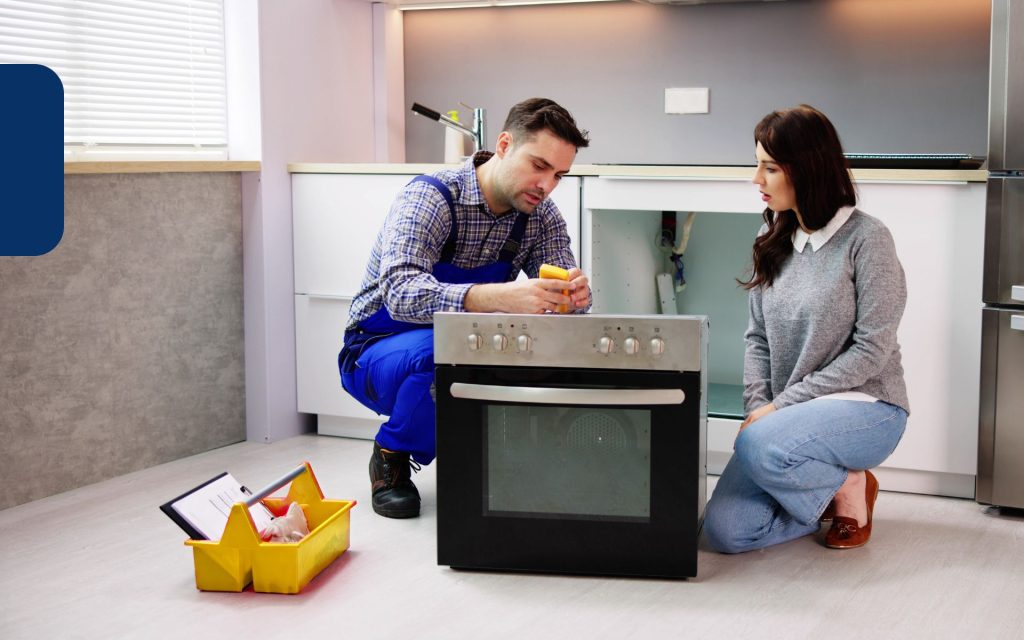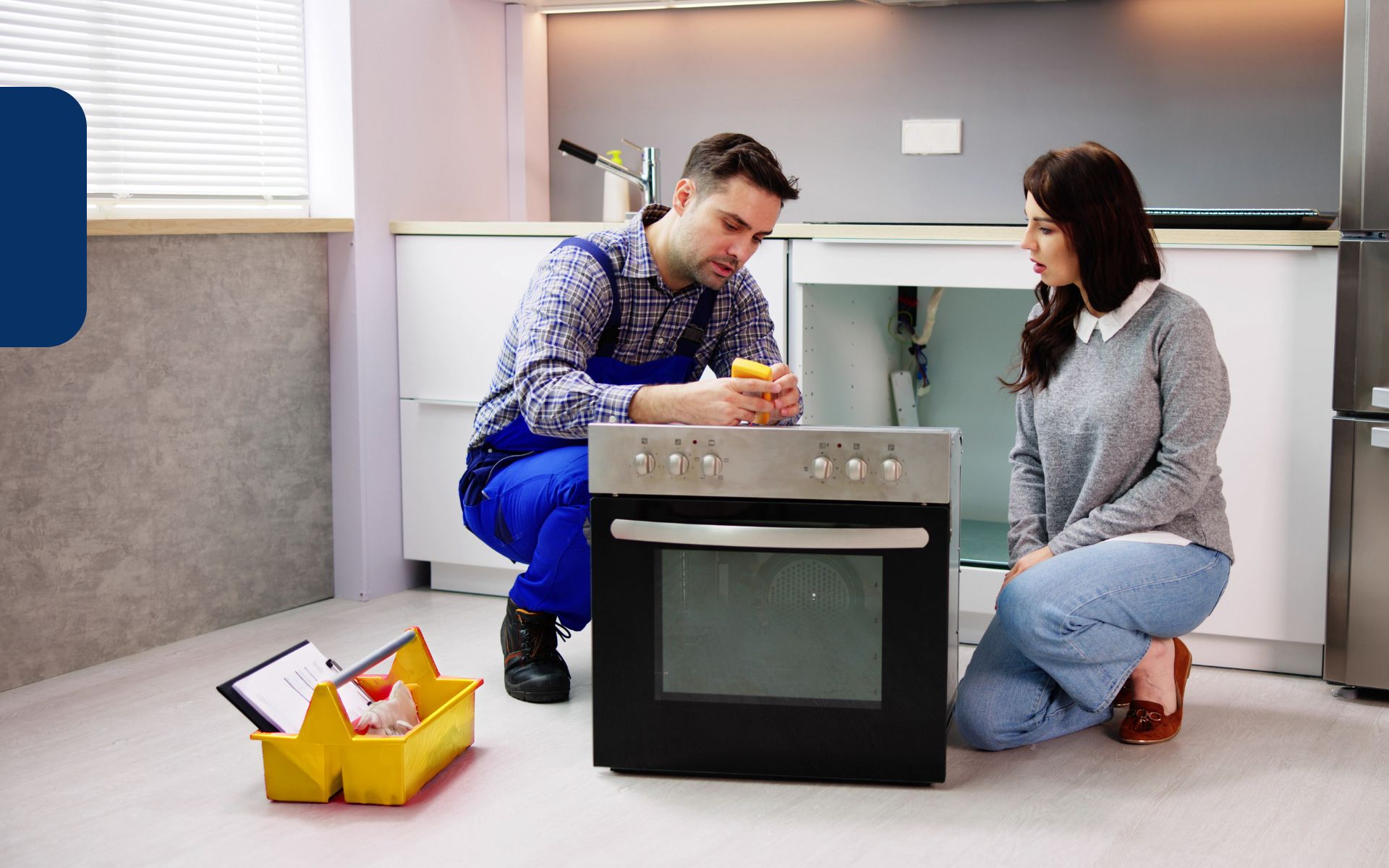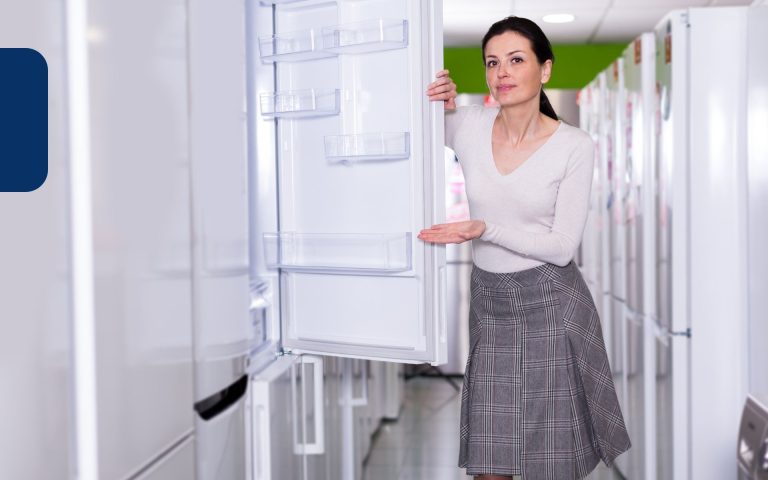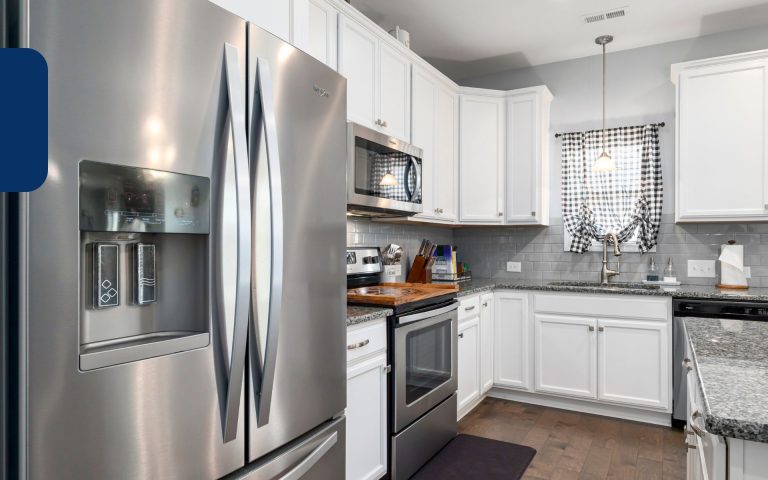Basic Appliance Maintenance: Tips to Extend the Life of Your Equipment
Basic Appliance Maintenance: Tips to Extend the Life of Your Equipment
This article provides a comprehensive guide on basic appliance maintenance, designed to offer you practical and useful tips to extend the life of your equipment.

Proper maintenance is essential to ensure that your appliances run efficiently and last as long as possible. Routine care can prevent costly repairs and extend the lifespan of your equipment. In this guide, we’ll cover key maintenance tips for various household appliances to help you keep them in top condition and avoid common issues.
- Regular Cleaning: A Simple Yet Effective Maintenance Task Cleaning your appliances regularly is one of the easiest ways to keep them functioning optimally. Different appliances require different cleaning approaches:
Refrigerators: Clean the interior regularly to remove spills and crumbs that can cause odors and attract pests. Every six months, clean the condenser coils located at the back or underneath the fridge. Dust and dirt on the coils can reduce cooling efficiency and increase energy consumption. Use a vacuum or a coil brush to remove the debris.
Dishwashers: Remove food particles from the filter after each use to prevent clogs. Run a cleaning cycle with a dishwasher cleaner once a month to remove grease and limescale buildup. Wipe down the door seals and the exterior to maintain hygiene and performance.
Ovens: Clean spills and food residues from the oven after each use to prevent them from burning onto the surface. Use a self-cleaning feature if your oven has one, or manually clean the interior with an appropriate oven cleaner. Regularly check and clean the oven racks to avoid buildup that could affect cooking performance.
- Inspect and Replace Filters: Keeping Airflow Efficient Many appliances, particularly those that use air or water, have filters that need regular inspection and replacement:
HVAC Systems: For heating, ventilation, and air conditioning systems, replace or clean the air filters every 1-3 months, depending on usage and the type of filter. A clogged filter can reduce airflow, decrease efficiency, and strain the system, leading to higher energy bills and potential damage.
Washing Machines: Check and clean the lint filter or pump filter regularly to prevent clogs that can cause drainage issues. Additionally, use a washing machine cleaner periodically to remove soap scum and mold buildup inside the drum.
Range Hoods: If you have a range hood above your stove, clean or replace the grease filter every 1-2 months, depending on cooking frequency. A clean filter ensures better air circulation and prevents grease buildup that can affect the hood’s performance.
- Avoid Overloading: Protecting Your Appliances from Damage Overloading appliances can lead to mechanical failures and decreased efficiency. Here’s how to avoid overloading and ensure your appliances function correctly:
Washing Machines: Follow the manufacturer’s guidelines for load capacity. Overloading can strain the drum and motor, leading to poor wash performance and potential damage. Distribute clothes evenly and avoid packing the washer too tightly.
Dishwashers: Load dishes according to the manufacturer’s instructions to ensure that water and detergent reach all surfaces. Overloading can block spray arms and prevent proper cleaning. Place larger items in the bottom rack and smaller items in the top rack.
Dryers: Don’t overload the dryer, as it can lead to longer drying times and increased wear on the drum and motor. Separate heavier items from lighter ones and avoid drying oversized items that could impede airflow.
- Inspect and Maintain Seals and Gaskets: Ensuring Proper Functionality Seals and gaskets play a crucial role in maintaining appliance efficiency and safety. Regular inspection and maintenance can prevent issues:
Refrigerators and Freezers: Check door seals for cracks or tears that can cause temperature fluctuations and energy loss. Clean the seals regularly with warm, soapy water to remove debris and ensure a tight seal.
Ovens: Inspect the oven door gasket for any signs of wear or damage. A damaged gasket can lead to heat loss and inefficient cooking. Replace it if you notice any issues.
Washing Machines: Examine the door seal for signs of mold, mildew, or damage. Regularly clean the seal and ensure it is free from debris to maintain proper water sealing and prevent leaks.
- Schedule Professional Maintenance: Addressing Complex Issues While DIY maintenance is important, some tasks are best handled by professionals:
HVAC Systems: Schedule annual maintenance checks for your HVAC system to ensure it operates efficiently. A professional technician can inspect and clean the system, check refrigerant levels, and perform any necessary repairs or adjustments.
Water Heaters: Have your water heater serviced annually to check for signs of sediment buildup, leaks, or other issues. A technician can flush the tank, inspect the anode rod, and ensure optimal performance.
Major Appliances: For complex appliances like refrigerators with ice makers or built-in microwaves, consider scheduling professional inspections and repairs. Technicians can address issues that may be difficult to diagnose or fix on your own.
- Follow Manufacturer’s Guidelines: Ensuring Proper Care Always refer to the manufacturer’s manual for specific maintenance recommendations and care instructions. Each appliance has unique requirements and guidelines that should be followed to ensure proper operation and longevity.
Read the Manual: Familiarize yourself with the manufacturer’s recommended maintenance schedule, cleaning instructions, and troubleshooting tips. The manual provides valuable information on how to care for your appliance properly.
Use Manufacturer-Approved Products: When cleaning or maintaining your appliances, use products that are recommended by the manufacturer. Using non-approved products can cause damage or reduce the effectiveness of the appliance.
Conclusion: Regular maintenance is key to extending the life of your appliances and ensuring they perform efficiently. By following these basic maintenance tips, you can prevent common issues, reduce repair costs, and enjoy the optimal performance of your equipment. Keeping up with cleaning, inspecting filters, avoiding overloading, and scheduling professional maintenance will help you get the most out of your appliances and keep your home running smoothly.



